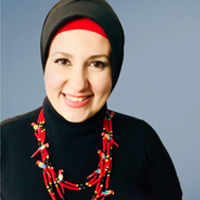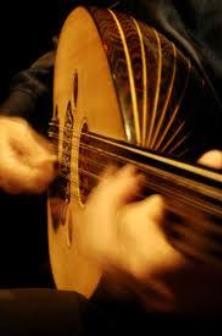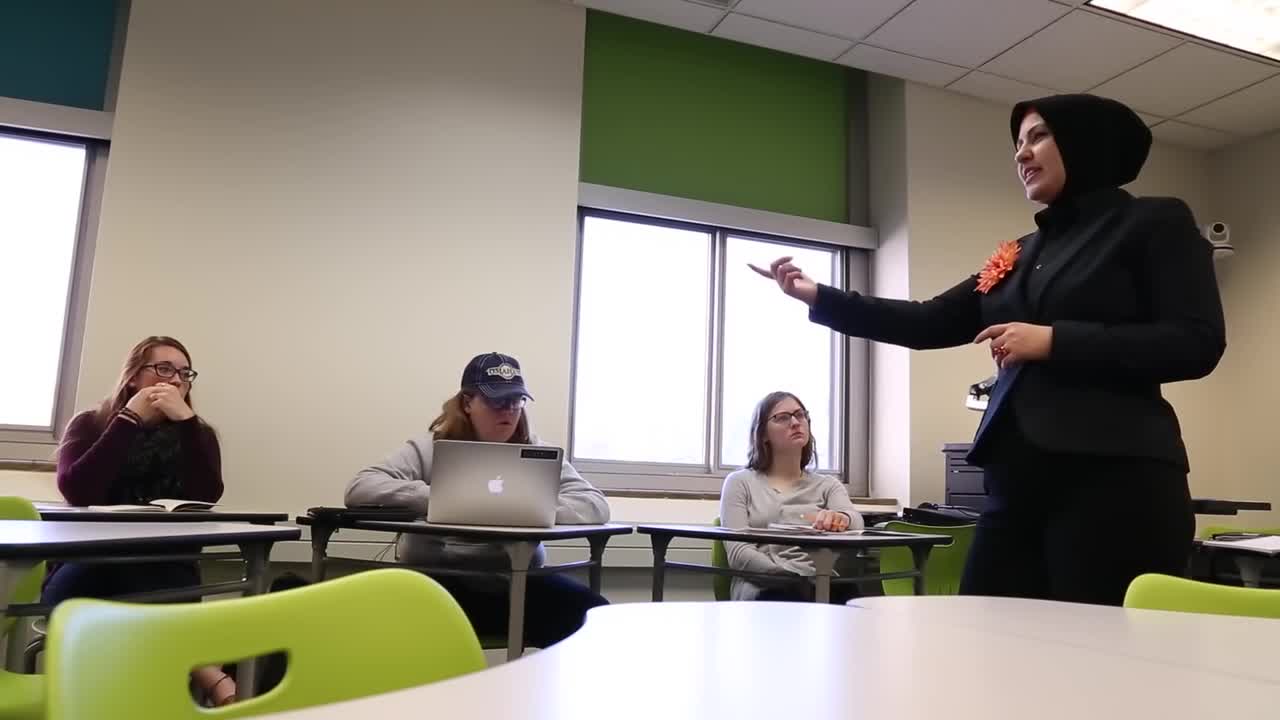Arabic language is fundamentally different from English, no doubt. Unlike in English, the Arabic alphabet consists of 28 letters with no distinct upper and lower case letter forms, and is written from right to left. But don't let minor differences such as these trick you! These 28 letters are key to your next cultural adventure or future rewarding career.
Arabic is a Semitic language; you probably already know that. What you might not have noticed before is the fact that you are already speaking some Arabic! Check out some examples of the many Arabic words that have found their way into English: alcohol, algebra, chemistry, artichoke, apricot, candy, carat (gold purity), cotton, gazelle, giraffe, jar, jasmine, jinn, umper, lemon, mummy, mask, orange, syrup, etc.
Arabic classes allow you to explore the language and culture in a way that you never have before. Dr. Abla Hasan works to not only share her experience with you, but her curriculum also brings in people from all across the Arabic speaking world. There are also many extracurricular cultural events and speakers throughout the year to supplement your studies. Find out more about Arabic classes to see if they're right for you!
For information on specific courses available in Arabic, please visit the Undergraduate Catalog.
If you want to know what courses are being offered each semester, visit the Schedule of Classes.
If you have questions regarding your college career/program that are not specific to obtaining an Arabic Studies minor, please contact your assigned advisor, who would be best equipped to meet your needs.
Undergraduate Advisor

Abla Hasan
Associate Professor of Practice
abla.hasan@unl.edu
(402) 472-3745
1025 Oldfather Hall
Like Nebraska Arabic on Facebook Follow Nebraska Arabic on Instagram
Watch Women in the Qur'an on Mediahub.
Why Learn Arabic at Nebraska?
Your entrance to the Arabic world and culture
Arabic is widely natively spoken and increasingly taught all over the world. More than 300 million speak Arabic as their native language. It is the official language for at least 22 countries including: Algeria, Bahrain, the Comoros Islands, Djibouti, Egypt, Iraq, Jordan, Kuwait, Lebanon, Libya, Morocco, Mauritania, Oman, Palestine, Qatar, Saudi Arabia, Somalia, Sudan, Syria, Tunisia, the United Arab Emirates, and Yemen.
Your entrance to the Islamic world and culture
Arabic is also the sacred language of Islam. Since Arabic is the language of "Quran" the holy book of Islam, the fastest-growing religion in America and the second-largest religion in the world -with more than 1.5 Billion adherents- Arabic language constitutes an indispensable part of the life of every Muslim. Muslims regardless of their native language are required to worship and perform some obligatory religious duties in Arabic, like praying in Arabic five times a day; therefore Muslims always try their best to learn Arabic or at least to understand the basics of Arabic.
Plan your future career in advance
New career opportunities in intelligence, business, diplomacy and academia are already more seen nationwide and overseas in the coming more liberal, democratic and open Arabic world. No wonder the U.S. State Department has named Arabic a critical language.
What is Special about Arabic at Nebraska?
The Department of Modern Languages and Literatures provides you the opportunity to study Arabic, your first step to understanding the greater Arabic and Islamic world: history, culture and traditions. The four linguistic skills of writing, reading, listening and speaking are equally stressed. The Arabic Language and Culture Program at UNL is carefully designed to turn the experience of learning and speaking Arabic into a smooth process that depends highly on engaging students in different fun learning activities, group work, extensive use of electronic media, practice speaking Arabic, discussion of topics of interest with guest speakers, and purposefully designed educational and social activities. Students will also enjoy timely feedback for homework they can use to refine their studies.
In addition, a variety of cultural courses taught in English will provide an opportunity to explore the Arabic culture via reading and analyzing classical as well as modern Arabic literature. This fascinating experience incorporates femininity, gender issues, Islamic radicalism, reading of the Quran as literature, as well as many other topics of current interest. These topics will be highlighted and discussed in a free academic environment.

